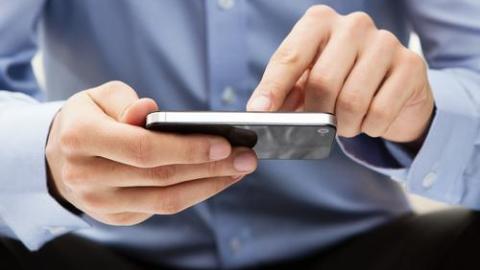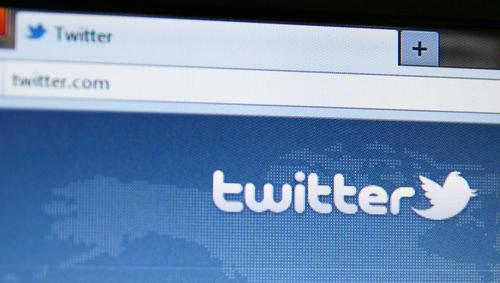How Smartphones Can Deliver Democracy & Health

What’s the Latest Development?
Technologist David Pogue recounts the story of visiting New York City’s main Apple Store on December 23—surely a recipe for long lines and stuffy crowds, right? No, actually. Pogue was in and out in minutes thanks to the Apple Store app which allowed him to scan the code of the item he wanted and walk out the door with it, the charges being sent to his electronic account with Apple. That is a great example of how technology can be used to reduce what Pogue calls ‘friction’, or the red tape around practically everything we do.
What’s the Big Idea?
Using technology to reduce friction could solve some serious societal problems, argues Pogue. Take voter turnout. In the voter’s mind, the benefits of democracy are weighed against the inconvenience of actually voting. It is not hard to image a much higher voter turnout if we could register to vote on our phones, or even fill out and send the ballot. Obesity, too, could be combated by using technology to decrease friction. Eating junk food has been streamlined by the companies who make it, but not so with healthy foods. “Change the friction coefficient,” says Pogue, “and you change the game.”
Photo credit: shutterstock.com





